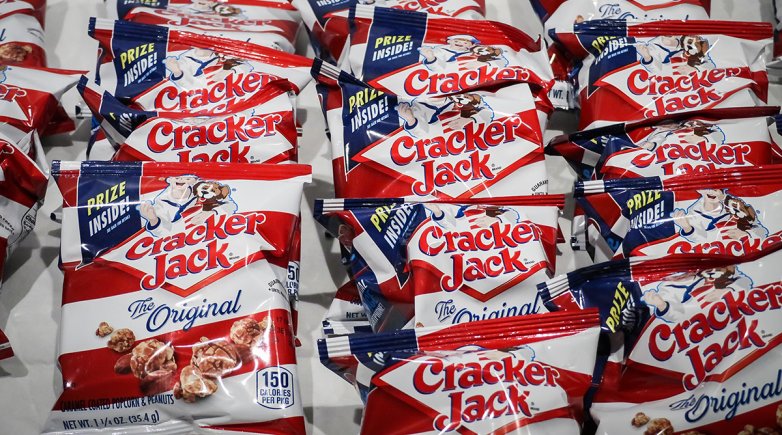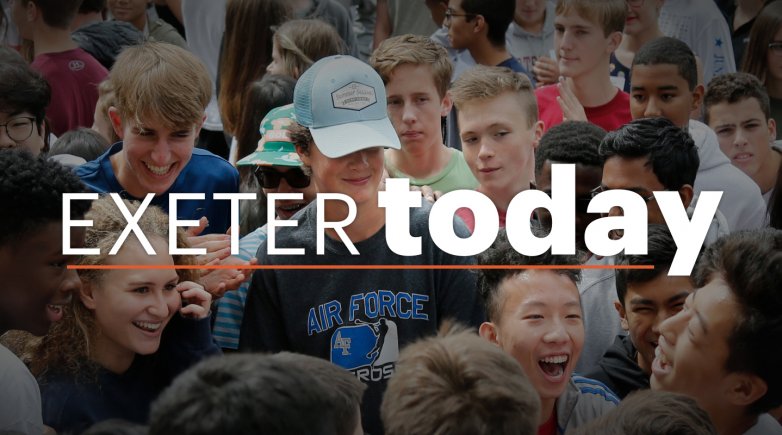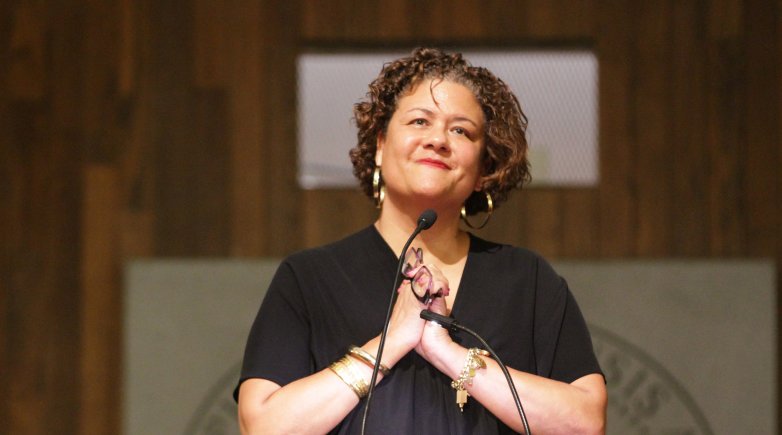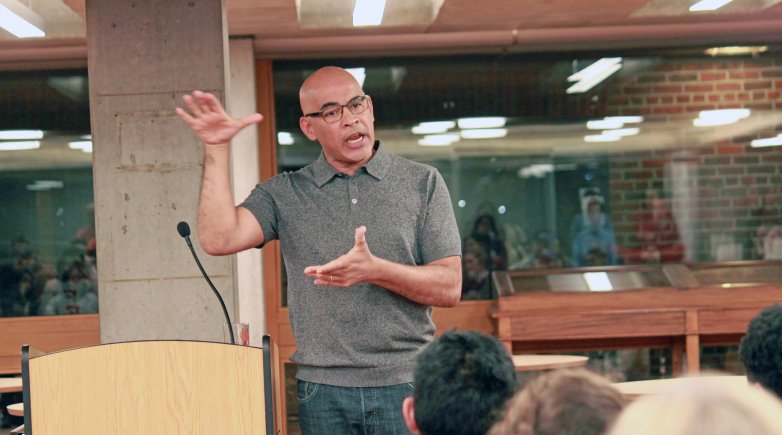Equity and America's pastime
With baseball as the backdrop, on-campus events spark conversations about race, sexual identity and equality.
Brooding clouds and the distinct scent of imminent precipitation typically spell doom for the likelihood of a baseball game’s being played, but nestled safe and dry inside Actors Lab stage at the David E. and Stacey L. Goel Center for Theater and Dance, Exonians “played ball” as campus received a spring soaking.
A collaboration between the Theater and Dance Department and the Office of Multicultural Affairs, the gathering of students and faculty assembled for a reading of playwright Richard Greenberg’s “Take Me Out.” The Tony Award-winning drama, set primarily in the locker room of a professional baseball team, addresses issues of sexual identity, race and masculinity after the team’s star player announces to his teammates and the public that he is gay.
Seated on stage in a semi-circle, 10 students and two faculty members assumed the roles of the play’s characters with Sarah Ream, an instructor in theater and dance, reading stage directions.
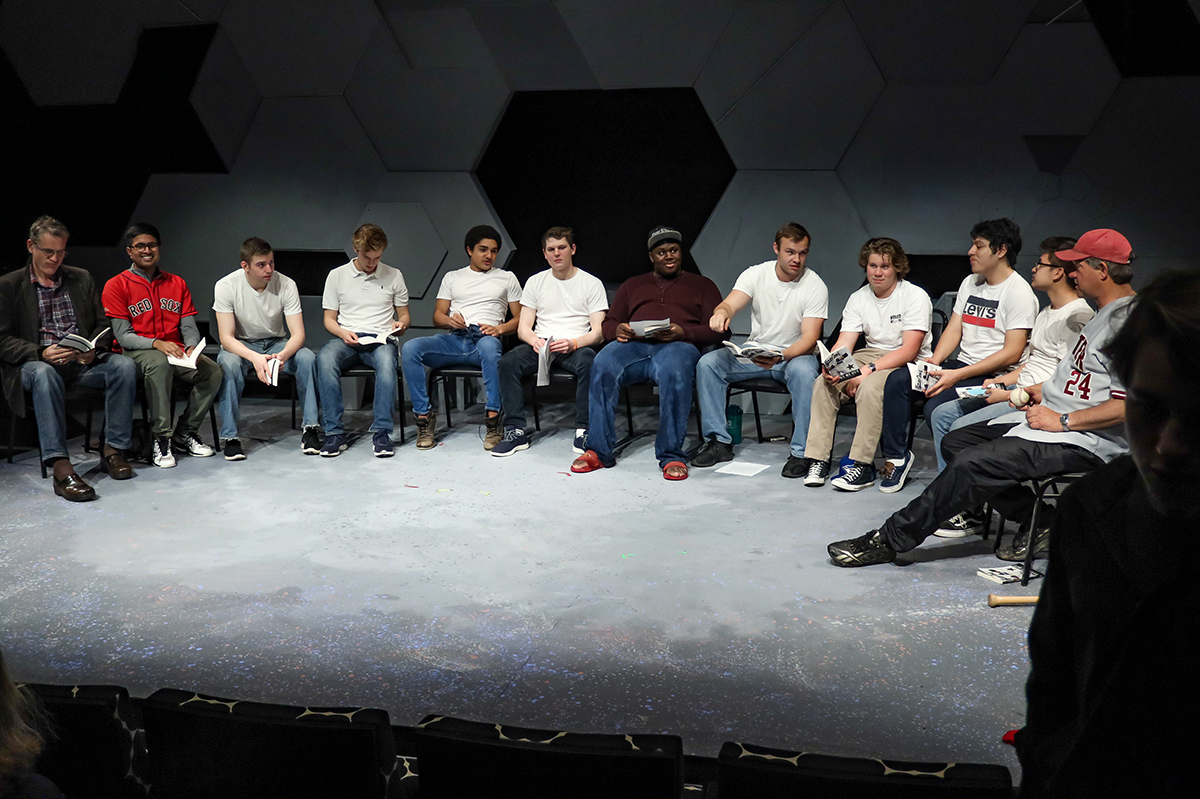
Ream, who also served as one of the event’s organizers, hoped the reading allowed the performers and the audience to “experience the perspectives of different kinds of people.”
“It’s a play about what happens when people are not able to offer each other love,” Ream said. “But in the end, it calls for kindness, which I think in this day and age is a pretty important message to put out in the world.”
As part of the evening’s festivities, audience members enjoyed traditional baseball fare of hot dogs, Cracker Jack and lemonade.
Double play
Across campus only days earlier, students and faculty filed into the Forum in the Elizabeth Phillips Academy Center for a screening of “The Other Boys of Summer,” a documentary chronicling life in baseball’s Negro Leagues. Filmmaker Lauren Meyer was on-hand to introduce the film and respond to student questions.
Once a staple of the baseball landscape in the United States, the Negro Leagues provided African American and Latino baseball players a chance to play professionally long before Jackie Robinson broke Major League Baseball’s color barrier in 1947. Robinson’s accomplishment, while a major milestone for equality and civil rights, signaled the beginning of the end of the Negro Leagues as the players assimilated into the newly integrated MLB.
Moderator and English Instructor Johnny Griffith invited Meyer to campus as part of his course, Baseball: The American Narrative. Griffith encouraged his students to consider the complexity of the integration of baseball.
"Integration served as both an opening of opportunities for black players in the MLB and as the closing of a proud black institution," he said. "It was both a good thing for black players and the black community but also a sort of loss of something that had been a source of pride and pleasure for decades."
Starting as a passion project in 2007 and released in 2019, Meyer’s film strives to preserve the rich history of Negro Leagues and documents firsthand accounts from former players. Like Robinson, many of those featured in the film went on to play in the major leagues in the late 1940s and early 1950s, years before the Civil Rights Act of 1964.
“They were trailblazers,” Meyer said of the first wave of minority ballplayers to play in the majors. “When Jackie Robison stepped on the field for the Brooklyn Dodgers, Martin Luther King Jr. was still in high school and Rosa Parks had not yet refused to give up her seat on the bus.”
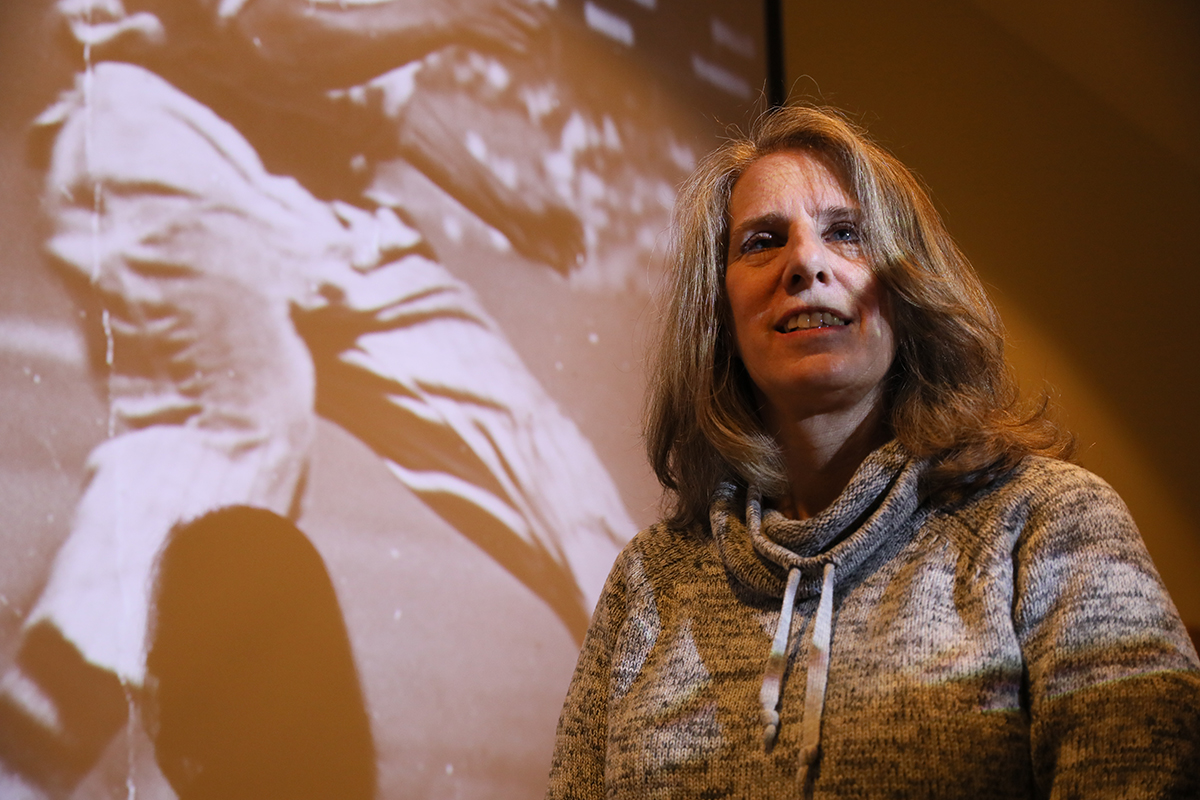
The screening at Exeter was part of a grassroots campaign developed by Meyer where she is present for each showing before opening the floor for Q&A. “My goal is to bring people together, engage in conversation and inspire,” she said.
The event was put on in collaboration with the Director of Equity and Inclusion and the Office of Multicultural Affairs.
